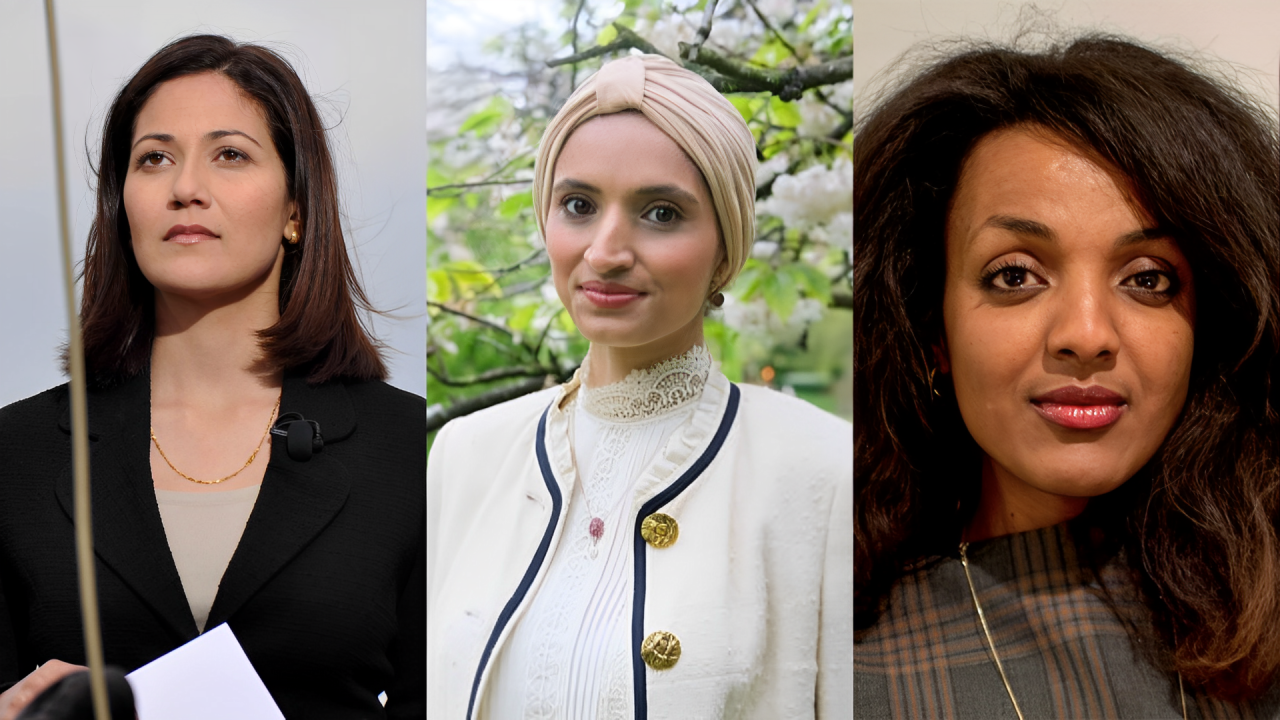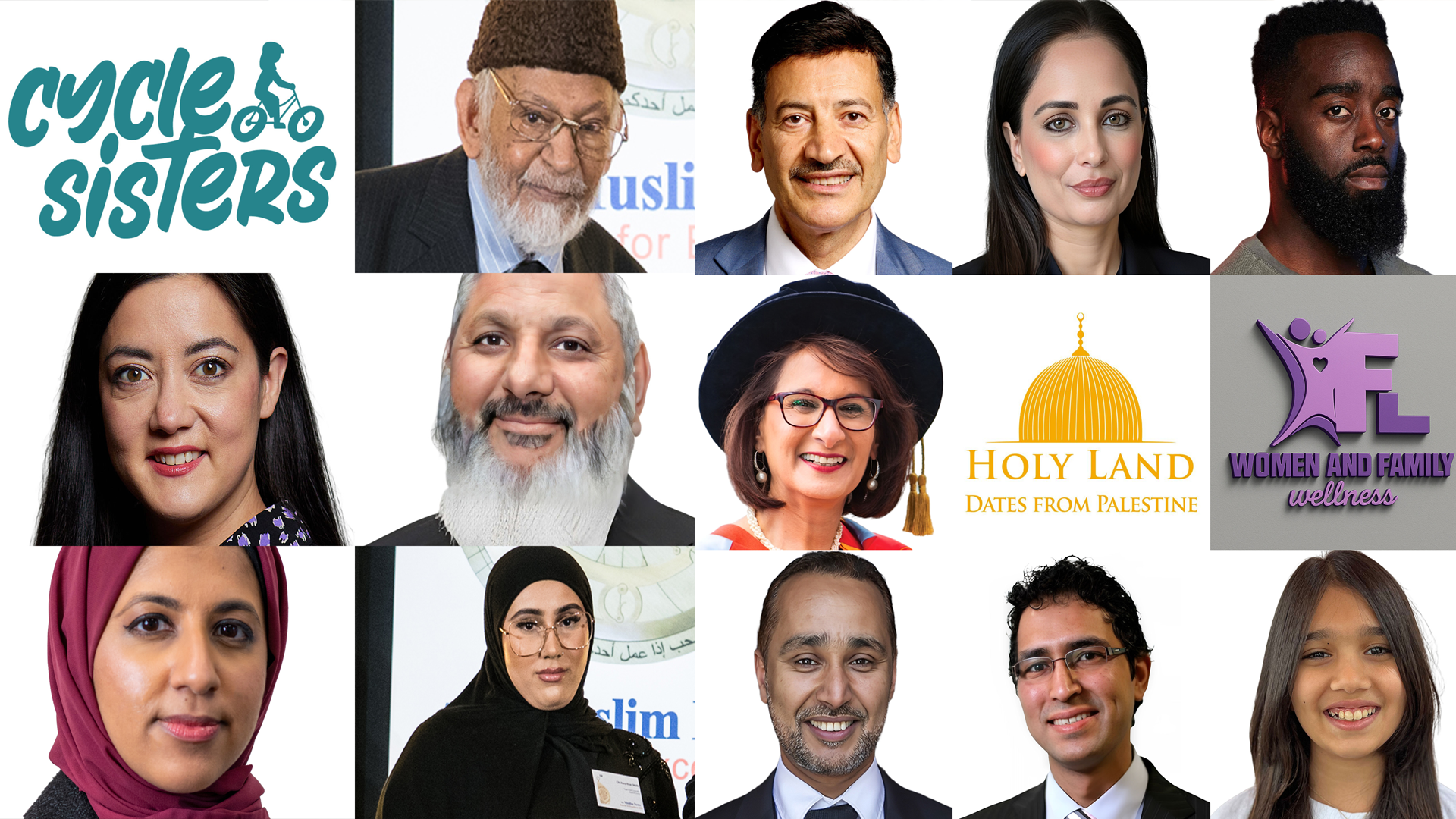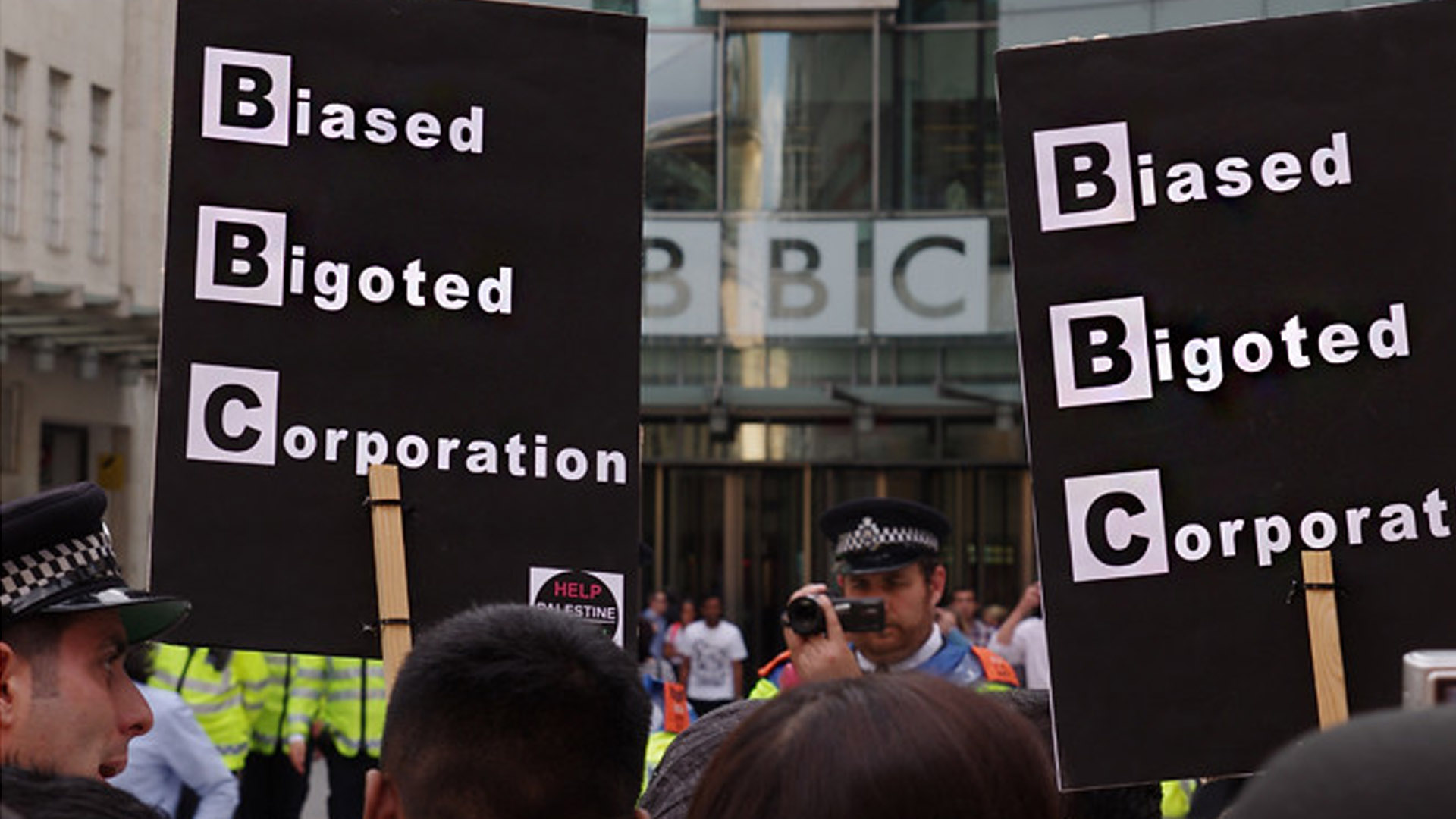
Elham Asaad Buaras
A landmark report has laid bare the entrenched Islamophobia, professional marginalisation, and mental health toll endured by Muslim women working in the UK media. Published by the Centre for Media Monitoring (CfMM), the report paints a sobering picture of an industry where visibly Muslim female journalists are routinely subjected to microaggressions, stereotyping, and pay inequities.
Drawing on extensive survey data and personal testimonies, the report finds that the media’s coverage of Israel’s war on Gaza has served as a watershed moment for many Muslim journalists, triggering intense scrutiny of their future in the industry. Eighty-five per cent of respondents said they had questioned their career prospects following the events of October 7 and the subsequent reporting. For some, the cumulative impact has been profound, with 60 per cent admitting they have considered leaving the profession altogether.
According to the findings, 92 per cent of Muslim women surveyed believe negative attitudes toward Islam and Muslims are embedded within media organisations, while 72 per cent reported experiencing direct discrimination linked to their identity. A striking 86 per cent said coverage of the Gaza conflict had adversely affected their mental health.
The report reveals that, although seniority can offer Muslim women some leverage to shape narratives, many continue to face institutional pressure to conform to dominant editorial agendas that often perpetuate Islamophobic tropes. Nevertheless, there are moments of agency: 70 per cent said they have had opportunities to influence media narratives, despite operating in frequently hostile or unsupportive environments.
“Muslim women working in UK media are neither invisible nor passive. They are central to the narrative, even as institutions attempt to marginalise, exclude, or instrumentalise their presence,” the report states. “This unprecedented report has evidenced that Muslim women are shaping UK journalism through intellect, resilience, and courage — often in environments that neither affirm their identities nor protect their wellbeing.”
In addition to the survey, the report profiles the professional experiences of 33 Muslim women journalists, including prominent figures such as Mishal Husain (former BBC Today presenter), Nesrine Malik (Guardian columnist), and Fatima Manji (former Channel 4 News presenter). Their stories offer a rare, detailed view of both the challenges and the quiet triumphs Muslim women face in navigating British media institutions.
The issue of representation versus influence recurs throughout the report. While visibility of Muslim women in media has improved, many respondents highlighted a persistent lack of progress into decision-making roles, alongside widespread dissatisfaction with what they described as tokenistic diversity efforts. Notably, 81 per cent felt Muslim women are unfairly portrayed in the media, while 35 per cent expressed dissatisfaction with their current positions, citing limited opportunities for advancement and a lack of meaningful inclusion.
This concern is echoed by media professionals across the industry, who stress the need for structural change rather than symbolic gestures. Neila Butt, Creative Equity Lead at Channel 4, underscored the urgency of meaningful participation: “It’s important for us to be in positions of editorial decision-making.” Editor and filmmaker Farrah Drabu agreed, adding, “We need more Muslim women in positions of influence, not just on screen but making decisions.”
Similarly, Nasfim Haque, Head of Content at BBC Three, highlighted the importance of diversity that goes beyond appearances: “We need a range of cultural and socio-economic backgrounds — not just in the broadcasting side of things, but also in production and off-screen roles.”
Broadcaster Mishal Husain reinforced the point, stressing that diversity must be matched by an inclusive workplace culture: “Diversity in newsrooms makes for stronger coverage. That means diversity of thought as well as background. But it only delivers if you also have a workplace culture where managers and editors are willing to listen.”
Roohi Hasan, Senior Producer at ITN, echoed the need for deeper inclusion, remarking, “It’s not enough to tick boxes. Diversity of thought — that’s the real test.”
For Mehreen Khan, Economic Editor at The Times, the challenge has shifted from visibility to longevity and influence: “Representation isn’t enough. The real issue is retention. Getting Muslim journalists into middle management, into decision-making roles.” Writer Shahed Ezaydi of Stylist magazine also highlighted ongoing economic precarity: “Pay rates for freelancers have stagnated for years, even as living costs soar. Good journalism deserves to be paid for.”
Photo: Mishal Husain (former BBC Today presenter), Fatima Manji (former Channel 4 News presenter), and Nesrine Malik (Guardian columnist) are among the prominent journalists featured in a landmark report exposing entrenched Islamophobia, professional marginalisation, and the mental health toll faced by Muslim women in UK media. (Credit: Wikimedia/Social Media)


